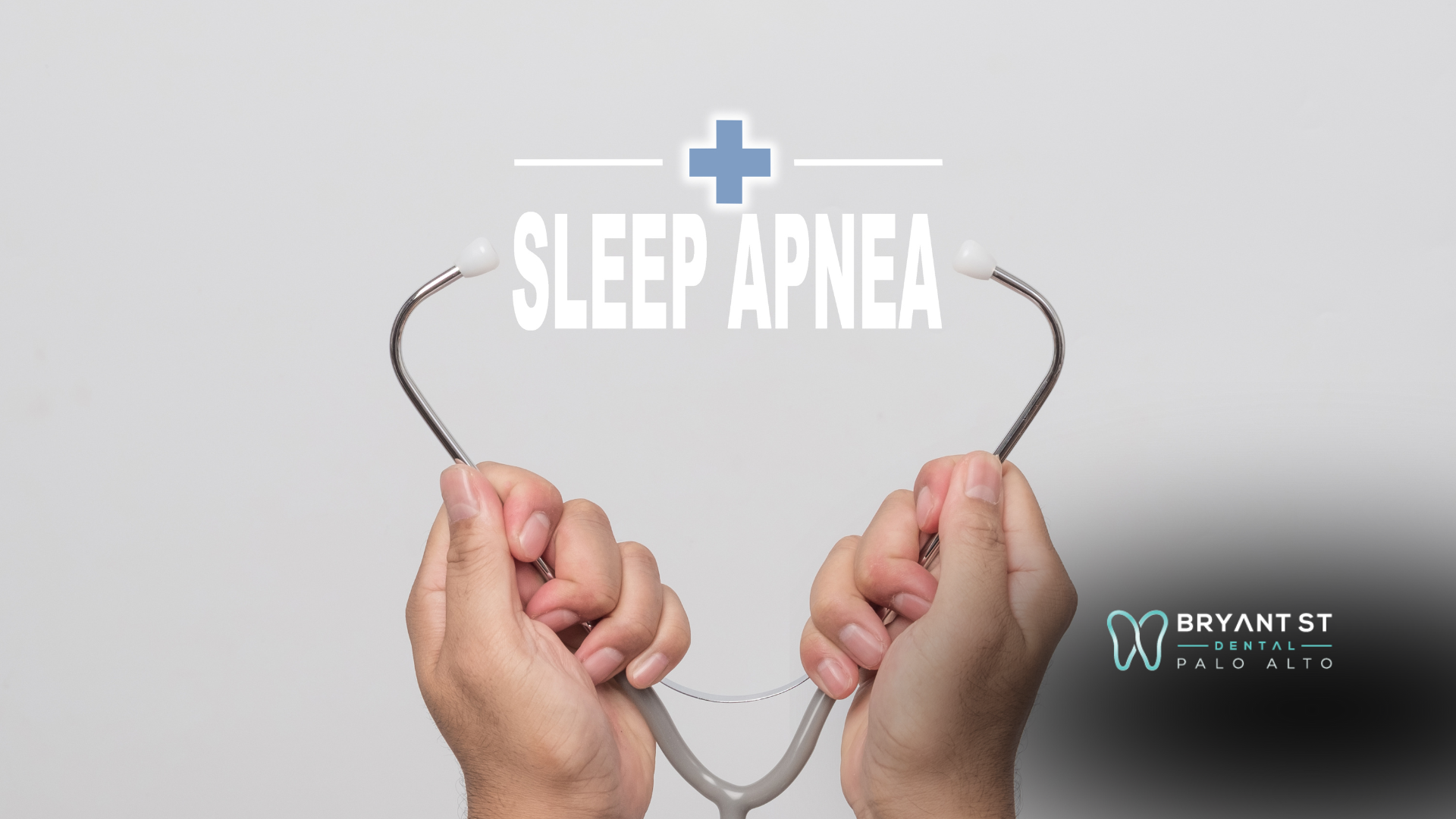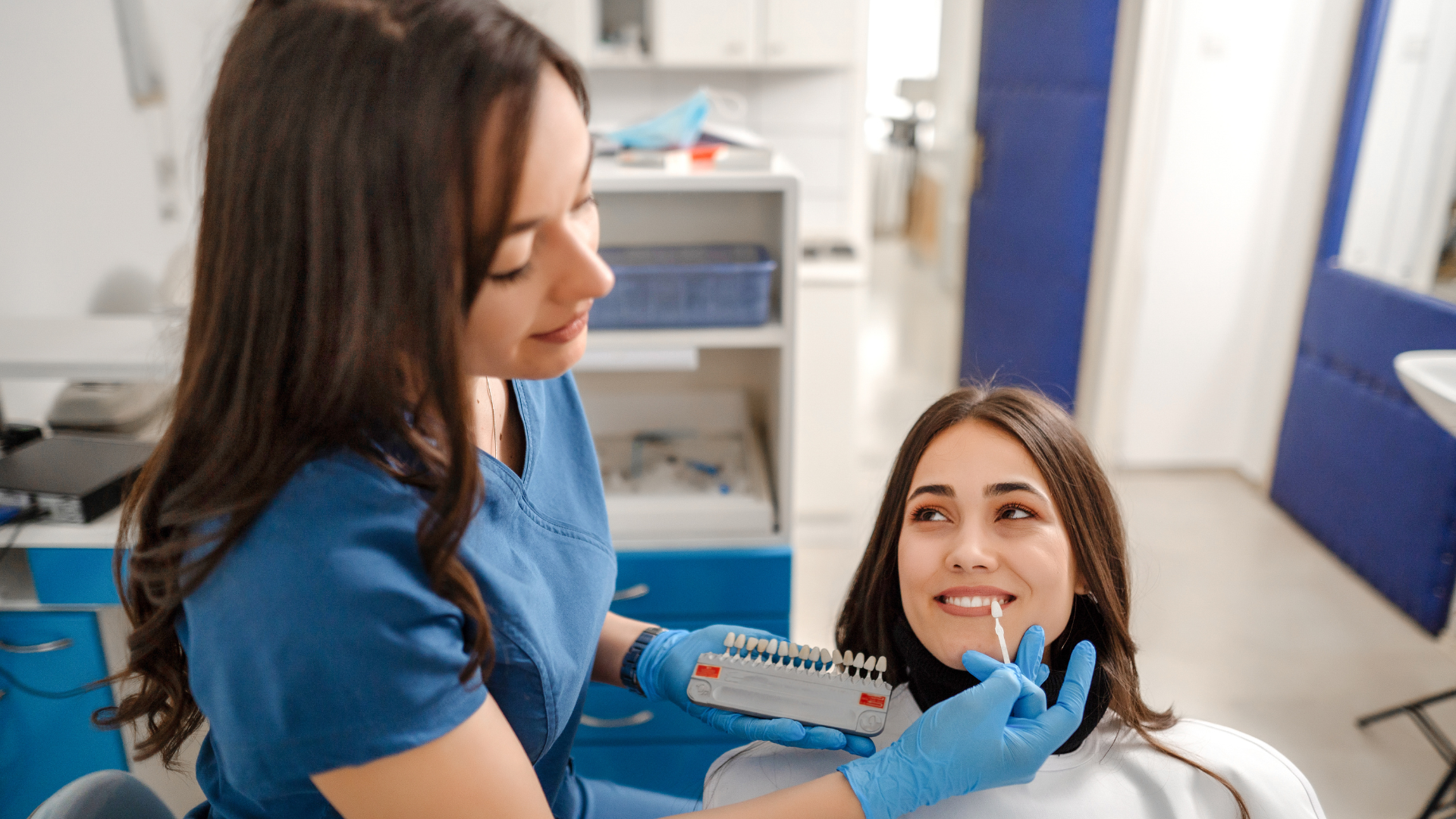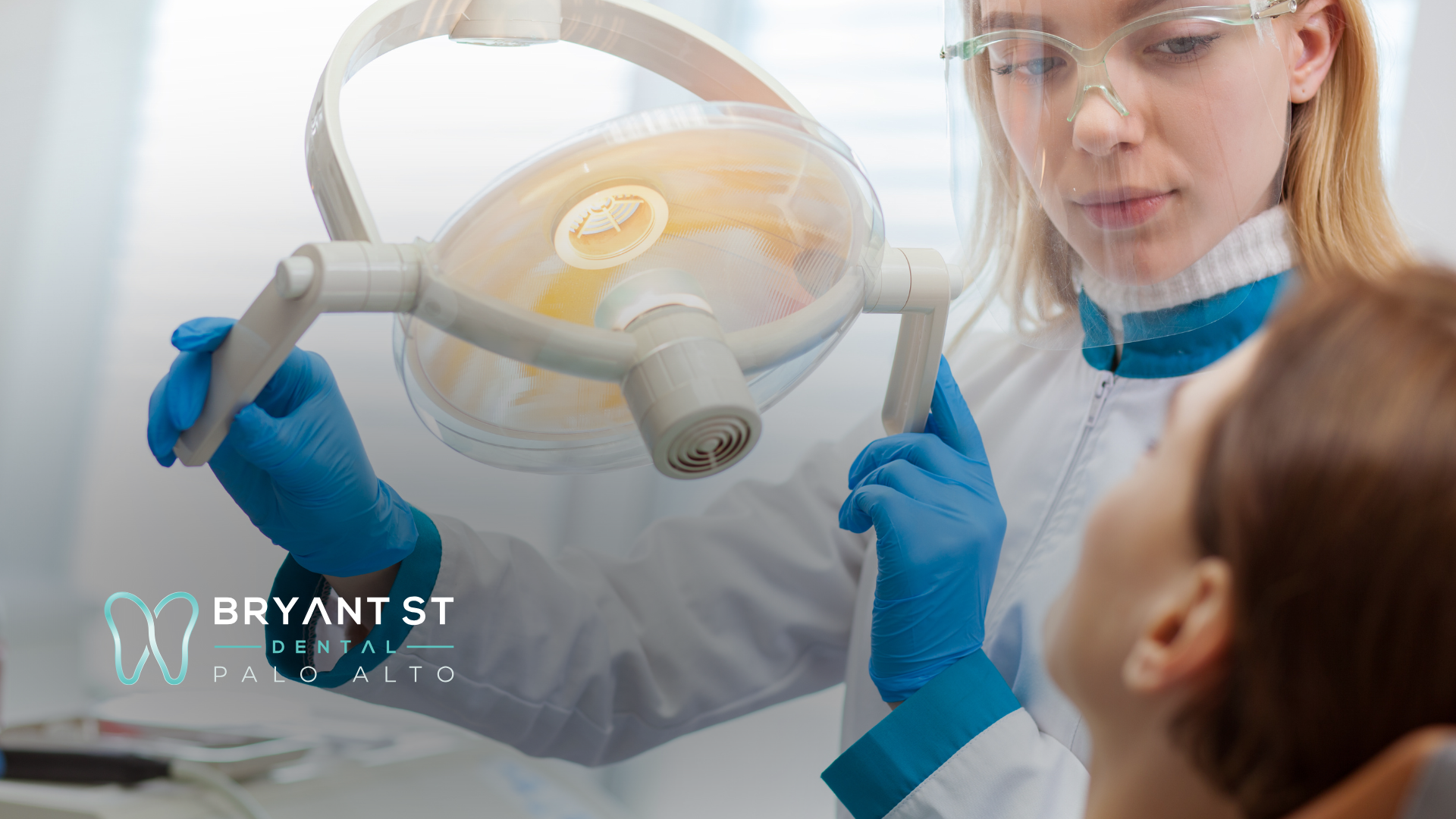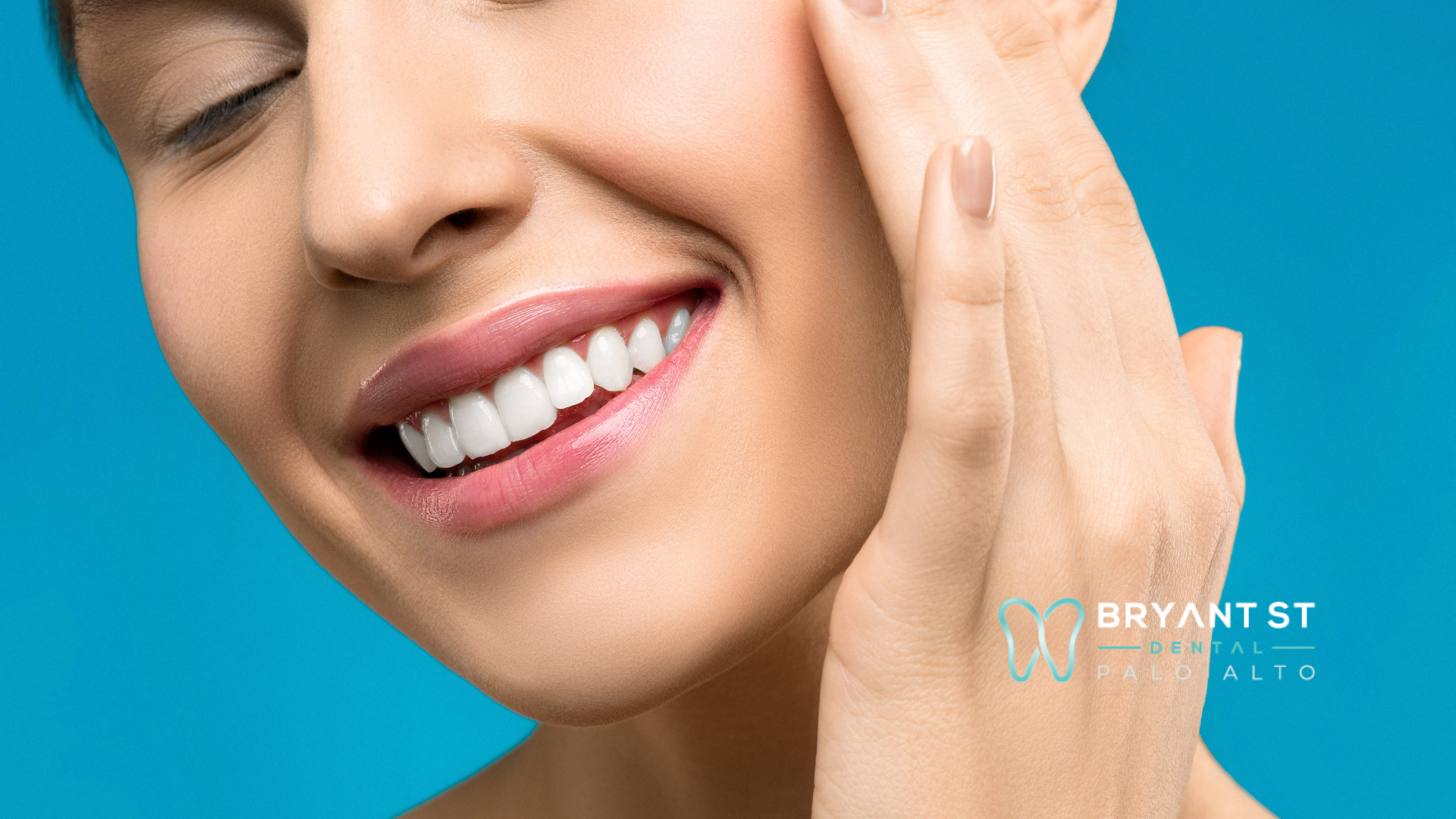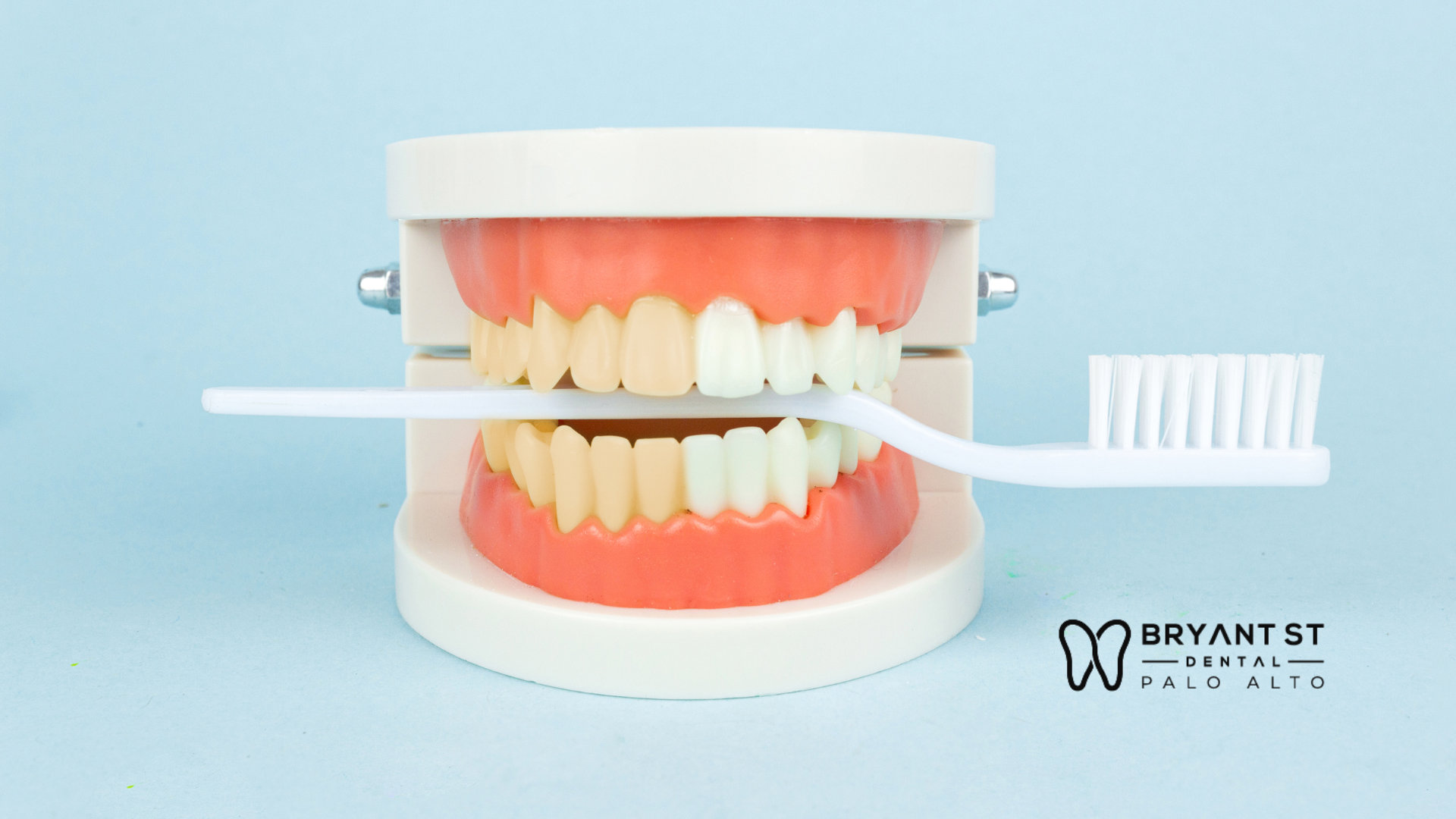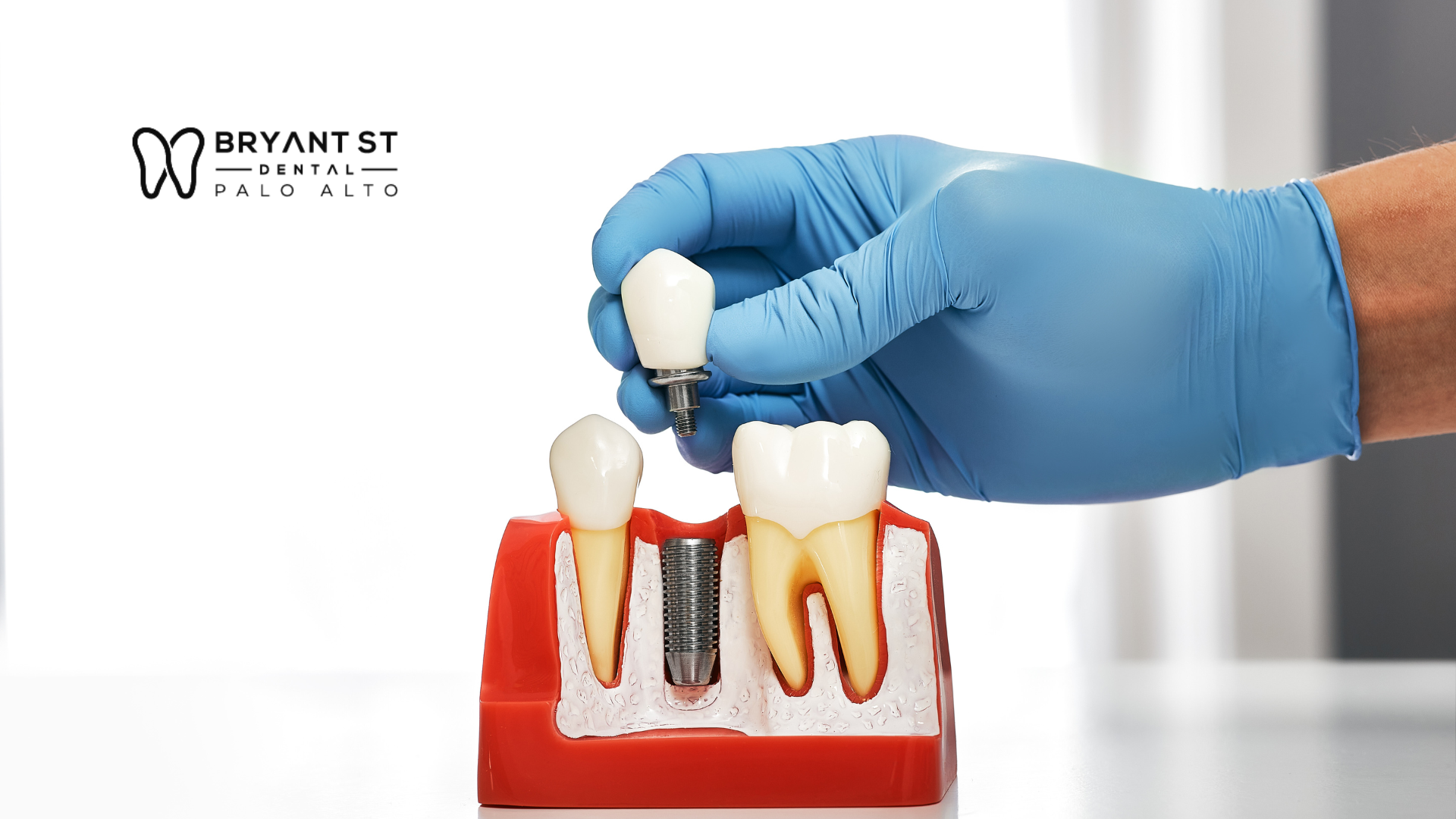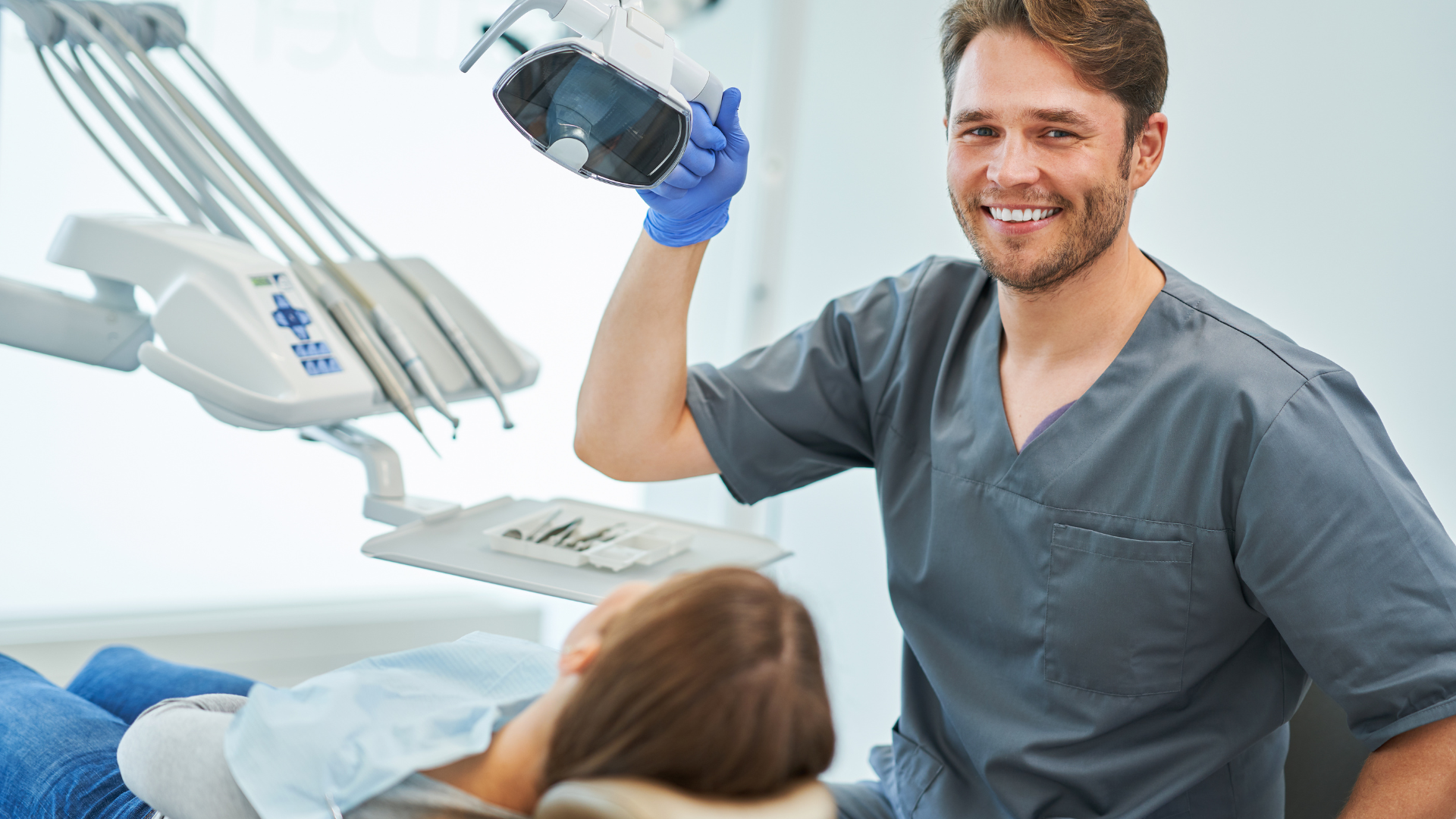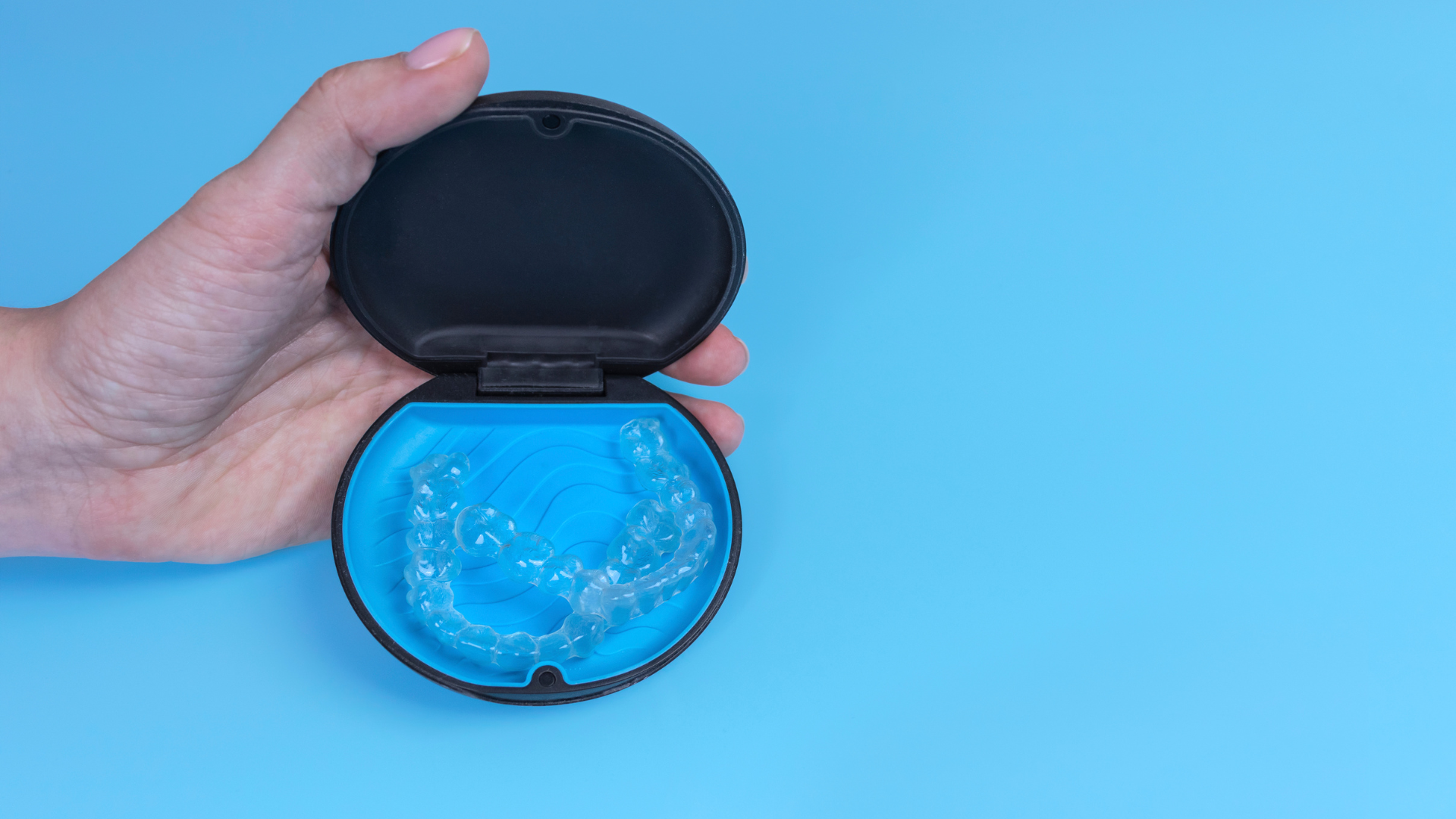Understanding Sleep Apnea and Its Impact
What is Sleep Apnea?
Sleep apnea is a serious sleep disorder where a person's breathing repeatedly stops and starts during sleep. This can happen many times throughout the night, leading to poor sleep quality and other health issues. There are different types of sleep apnea, but the most common is obstructive sleep apnea (OSA), which occurs when the throat muscles relax excessively.
Common Symptoms of Sleep Apnea
People with sleep apnea often experience several noticeable symptoms, including:
- Loud snoring
- Gasping or choking during sleep
- Excessive daytime sleepiness
- Difficulty concentrating
- Morning headaches
Health Risks Associated with Sleep Apnea
If left untreated, sleep apnea can lead to serious health problems, such as:
- High blood pressure
- Heart disease
- Stroke
- Diabetes
- Depression
Sleep apnea is not just a nighttime issue; it can affect your overall health and well-being. Recognizing the symptoms early can lead to better treatment options.
The Role of Dental Appliances in Sleep Apnea Treatment
How Dental Appliances Work
Dental appliances are specially designed devices that help keep the airway open during sleep. They work by repositioning the jaw and tongue to prevent blockages. These appliances can significantly improve breathing and reduce snoring.
Types of Dental Appliances for Sleep Apnea
There are several types of dental appliances available for treating sleep apnea, including:
- Mandibular Advancement Devices (MADs): These push the lower jaw forward to keep the airway open.
- Tongue Retaining Devices (TRDs): These hold the tongue in place to prevent it from blocking the throat.
- Custom-Fitted Appliances: Made specifically for an individual’s mouth, ensuring comfort and effectiveness.
Effectiveness of Dental Appliances
Research shows that dental appliances can be very effective for many people with sleep apnea. They are often recommended for those who cannot tolerate CPAP machines. Some benefits include:
- Improved sleep quality: Many users report better sleep and less daytime fatigue.
- Ease of use: Dental appliances are generally easier to use than other treatments.
- Less intrusive: They are non-invasive compared to surgical options.
Dental appliances offer a practical solution for those struggling with sleep apnea, making it easier to breathe at night and enjoy restful sleep.
Choosing the Right Dental Appliance for You
When it comes to treating sleep apnea, selecting the right dental appliance is crucial for effective management. Here are some key points to consider:
Consulting with a Sleep Specialist
- Talk to a doctor: Before making any decisions, it’s important to consult with a sleep specialist who understands your specific needs.
- Get a sleep study: A sleep study can help determine the severity of your sleep apnea and guide your treatment options.
- Discuss your lifestyle: Share your daily habits and preferences with your specialist to find the best fit for you.
Custom vs. Over-the-Counter Appliances
- Custom appliances: These are made specifically for your mouth and can provide a better fit and comfort.
- Over-the-counter options: These are generally less expensive but may not be as effective or comfortable as custom-made devices.
- Consider your budget: Weigh the costs and benefits of each type to find what works best for you.
Factors to Consider When Choosing an Appliance
- Comfort: The appliance should feel comfortable in your mouth, as you’ll be wearing it while you sleep.
- Effectiveness: Look for appliances proven to help with sleep apnea.
- Ease of use: Choose an appliance that is easy to put in, remove, and clean.
Finding the right dental appliance can greatly affect your sleep quality and overall health. Take your time to explore your options and consult with professionals to ensure you make the best choice.
The Process of Getting a Dental Appliance
Getting a dental appliance for sleep apnea involves several important steps to ensure it fits well and works effectively. Here’s a breakdown of the process:
Initial Consultation and Assessment
During your first visit, you will meet with a sleep specialist who will:
- Discuss your sleep patterns and symptoms.
- Review your medical history.
- Conduct a physical examination to determine the best treatment options.
Fitting and Customization
Once you and your specialist decide on a dental appliance, the next steps include:
- Taking impressions of your teeth to create a custom fit.
- Designing the appliance to suit your specific needs.
- Scheduling a fitting appointment to ensure comfort and effectiveness.
Follow-Up and Adjustments
After you start using your dental appliance, follow-up visits are crucial. These visits will help:
- Monitor your progress and comfort level.
- Make any necessary adjustments to improve fit and function.
- Address any concerns you may have about using the appliance.
Working closely with your specialist, like at Bryant Street Dental, can greatly enhance your experience and treatment success.
Following these steps ensures that your journey to better sleep through a dental appliance is smooth and effective.
Benefits of Using Dental Appliances for Sleep Apnea
Improved Sleep Quality
Using dental appliances can significantly enhance your sleep quality. Many people with sleep apnea experience interruptions in their sleep, leading to fatigue and irritability. Dental appliances help keep the airway open, allowing for a more restful night. Better sleep can lead to improved mood and energy levels.
Non-Invasive Treatment Option
Dental appliances are a non-invasive alternative to more aggressive treatments like surgery. This means:
- No need for anesthesia.
- Lower risk of complications.
- Easier to adjust and remove.
Portability and Convenience
One of the best things about dental appliances is their portability. They are easy to carry, making them convenient for travel. You can:
- Use them at home or on the go.
- Store them in a small case.
- Maintain your sleep routine without hassle.
Dental appliances offer a simple and effective way to manage sleep apnea, making them a popular choice for many patients.
Potential Drawbacks and Side Effects
Common Side Effects
While dental appliances can effectively treat sleep apnea, they may have some side effects. Here are a few common ones:
- Jaw discomfort: Some users may experience soreness in their jaw after using the appliance.
- Teeth movement: Prolonged use can lead to slight changes in tooth position.
Managing Discomfort
If you experience discomfort while using a dental appliance, consider these tips:
- Adjust the fit: Sometimes, a simple adjustment can make a big difference.
- Use a mouthguard: This can help reduce pressure on your jaw and teeth.
- Take breaks: If possible, give your mouth a rest by not using the appliance every night.
When to Seek Professional Help
It's important to know when to reach out to a professional. You should consider consulting your dentist or sleep specialist if you:
- Experience severe pain or discomfort that doesn't go away.
- Notice significant changes in your bite or teeth alignment.
- Have persistent dry mouth or other unusual symptoms.
Dental appliances can be a great solution for sleep apnea, but it's essential to be aware of potential side effects and manage them effectively.
Comparing Dental Appliances to Other Sleep Apnea Treatments
Several options are available for treating sleep apnea. Dental appliances are just one of the many treatments that can help manage this condition. Here, we will compare dental appliances with other common treatments for sleep apnea.
CPAP vs. Dental Appliances
- CPAP (Continuous Positive Airway Pressure): This machine uses a mask to deliver air pressure, keeping the airway open during sleep.
- Dental Appliances: These are custom-made devices that reposition the jaw and tongue to keep the airway clear.
- Comfort: Many patients find dental appliances more comfortable than CPAP machines, which can be bulky and noisy.
Surgical Options vs. Dental Appliances
- Surgery: In some cases, surgery may be recommended to remove excess tissue from the throat or to correct structural issues.
- Dental Appliances: These are non-invasive and can be a good first step before considering surgery.
- Recovery Time: Surgery often requires a longer recovery period, while dental appliances can be used right away.
Lifestyle Changes and Dental Appliances
- Weight Loss: Losing weight can significantly reduce sleep apnea symptoms for some individuals.
- Sleep Position: Changing sleep positions, such as sleeping on your side, can also help.
- Dental Appliances: These can be used alongside lifestyle changes to improve overall sleep quality.
In summary, while dental appliances are effective for many, it's important to consider all treatment options. Each person's situation is unique, and what works for one may not work for another.
Finding a Sleep Apnea Specialist in Palo Alto
Finding the right specialist is crucial for effective treatment when dealing with sleep apnea. Here are some tips to help you locate a qualified sleep apnea expert in Palo Alto:
Top Clinics in Palo Alto
- Palo Alto Sleep Center: Known for its comprehensive sleep studies and treatments.
- Stanford Sleep Medicine Center: Offers advanced diagnostic tools and a team of experienced professionals.
- Local Dental Practices: Many dentists in the area specialize in dental appliances for sleep apnea.
Questions to Ask Your Specialist
- What experience do you have in treating sleep apnea?
- Can you explain the different treatment options available?
- How do you customize dental appliances for individual needs?
Preparing for Your Appointment
- Bring a list of your symptoms and any previous sleep studies.
- Be ready to discuss your medical history and any medications you take.
- Consider writing down questions you want to ask during the visit.
Finding the right sleep apnea specialist can make a big difference in your treatment journey. Take your time to research and choose someone who understands your needs.
In Palo Alto, there are many options for those seeking help with sleep apnea. Whether you need dental appliances or other treatments, the right specialist can guide you toward better sleep.
Insurance and Cost Considerations
Understanding Insurance Coverage
When it comes to sleep apnea treatment, insurance coverage can vary widely. Here are some key points to consider:
- Check your policy: Not all insurance plans cover dental appliances for sleep apnea.
- Pre-authorization: Some insurers may require pre-authorization before they agree to pay for the appliance.
- In-network providers: Using a dentist or specialist in your insurance network can help reduce out-of-pocket costs.
Cost of Dental Appliances
The cost of dental appliances can also differ based on several factors:
- Type of appliance: Custom-made appliances are usually more expensive than over-the-counter options.
- Consultation fees: Initial consultations with specialists may add to the overall cost.
- Follow-up visits: Regular check-ups and adjustments can incur additional charges.
Financial Assistance Options
If you're worried about the costs, consider these options:
- Payment plans: Some dental offices offer payment plans to help spread out the cost.
- Health savings accounts (HSAs): You can use HSA funds to pay for dental appliances.
- Non-profit organizations: Some organizations provide financial assistance for medical devices.
Understanding dental appliance costs and insurance coverage can help you make informed decisions about your treatment options.
Maintaining and Caring for Your Dental Appliance
Cleaning and Maintenance Tips
To keep your dental appliance in good shape, follow these simple cleaning tips:
- Rinse your appliance with water after each use.
- Brush it gently with a soft toothbrush and mild soap daily.
- Soak it in a cleaning solution recommended by your dentist at least once a week.
When to Replace Your Appliance
Dental appliances can wear out over time. Here are some signs that it might be time for a replacement:
- If you notice cracks or damage.
- If it no longer fits comfortably.
- If you experience changes in your sleep quality.
Troubleshooting Common Issues
Sometimes, you might face problems with your dental appliance. Here are some common issues and how to handle them:
- Discomfort: If it feels uncomfortable, consult your dentist for adjustments.
- Bad Odor: Ensure you clean it regularly to prevent odors.
- Difficulty Breathing: Stop using it and contact your doctor immediately if you have trouble breathing.
Taking care of your dental appliance is essential for its effectiveness and comfort. Regular maintenance can help you enjoy better sleep and overall health.
Conclusion
In summary, dental appliances are a valuable option for treating sleep apnea. They work by helping to keep the airway open while you sleep, leading to better breathing and a more restful night. Many people find these devices more comfortable and easy to use than other treatments. If you think you might have sleep apnea, talking to your dentist about dental appliances could be a great step. With the right help, you can improve your sleep and overall health.

